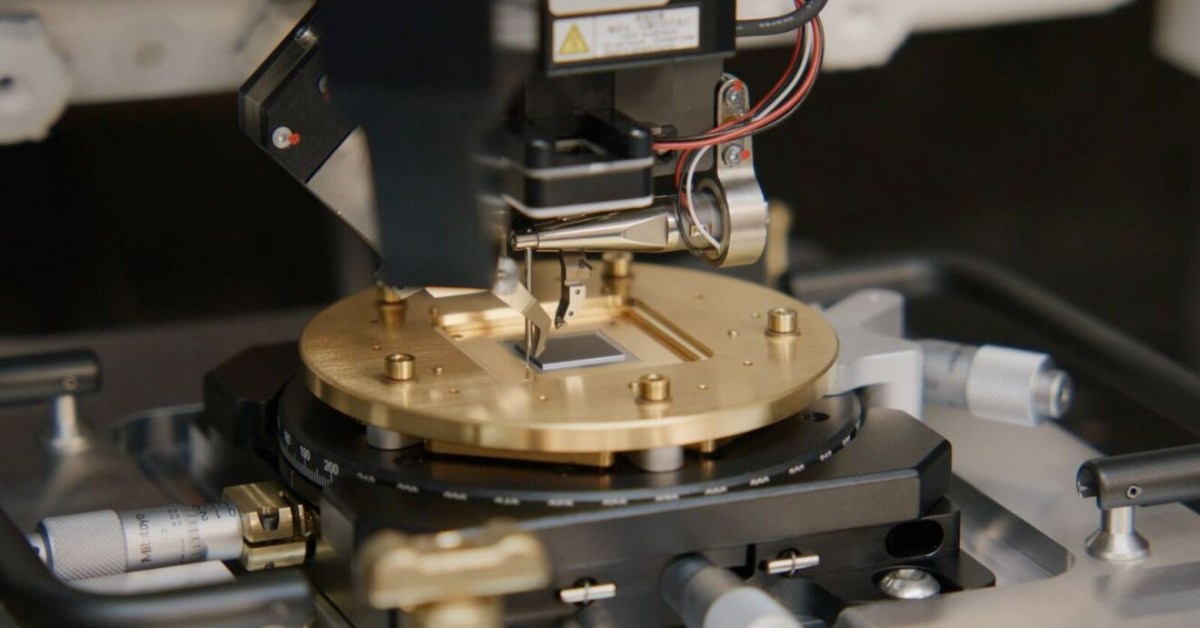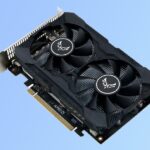Amazon is making its foray into quantum computing with the launch of a new chip designed to make quantum error correction more efficient. In an announcement on Thursday, Amazon Web Services (AWS) said the chip, called Ocelot, can “reduce the costs of implementing quantum error correction by up to 90%, compared to current approaches.”
Quantum computing errors are one of the biggest challenges in the industry. Unlike traditional computers, quantum computing replaces binary 1s and 0s with qubits, a unit that can exist in multiple states at the same time. As noted by Amazon, qubits are “sensitive to the smallest changes, or ‘noise’ in their environment,” such as vibrations, heat, and electromagnetic interference, making it “extremely challenging to build quantum computers that can perform reliable, error-free calculations of any significant complexity.”
Instead of adding more qubits to correct these errors, Amazon built error correction into its Ocelot chip with what it calls “cat qubits” (named after the Schrödinger’s cat experiment). These qubits are supposed to reduce the amount of energy and resources used for quantum error correction as they “intrinsically suppress” certain kinds of errors.
“We didn’t take an existing architecture and then try to incorporate error correction afterwards,” Oskar Painter, Amazon Web Services’ director of quantum hardware, said in the press release. “We selected our qubit and architecture with quantum error correction as the top requirement.”
The approach differs from what Google and Microsoft are doing to reduce errors in quantum computing. In December, Google announced its Willow quantum computing chip, which can perform a computing challenge in less than five minutes. The company’s researchers also found that introducing more qubits into the system can help reduce errors. Meanwhile, Microsoft recently announced its Majorana 1 quantum computing processor, which it claims can “scale to a million qubits on a single chip” while reducing errors.
Amazon says its Ocelot chip is still a prototype, but the chip’s more efficient architecture could potentially allow for smaller quantum computers that use less resources.
Read the full article here













